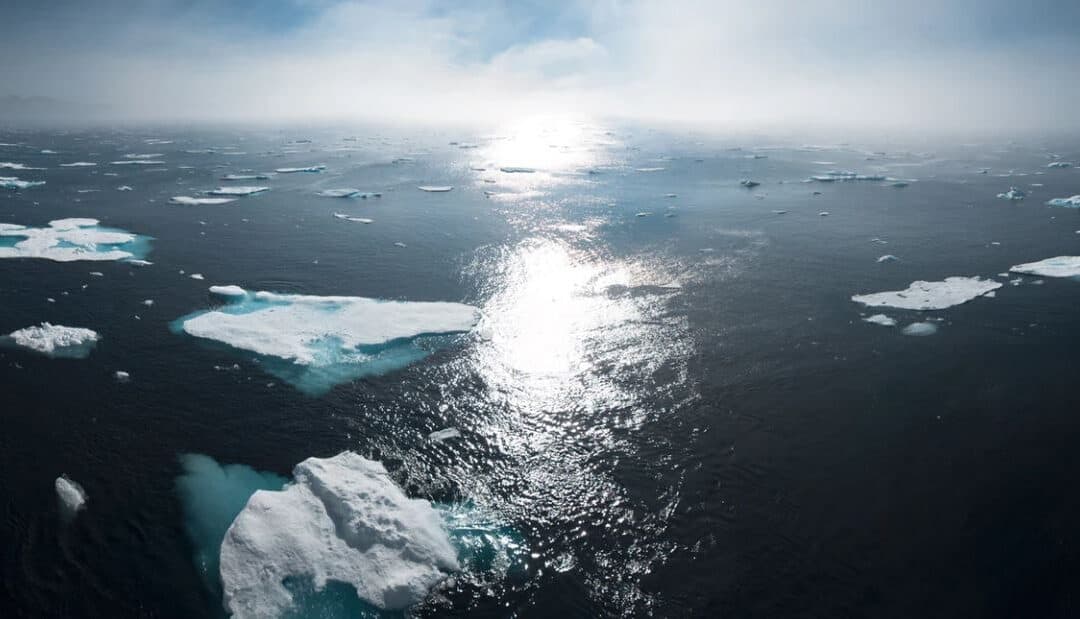Whether you believe in science or not, and no matter what your feelings are about the situation, there is no avoiding the world talking about climate change. We see more and more new documentaries and reports about the changes we’re experiencing as a planet and the risks to the environment, economy and future in every direction we turn. With people taking responsibility for change all over the world, global movements such as ‘Fridays for Future Movement’ continue to grow.
In stressful or challenging circumstances, such as these, some may use the term ‘in deep water’. However, when it comes to real estate, it could literally mean entire parts of the industry are in deep water due to the effects of global warming.
There is evidence of sea levels rising as ice caps melt and land temperatures soar. This leads to increased occurrences of floods, hurricanes, drought and wildfires.
All geographic locations and scales, as well as buildings, are susceptible to risk from economic and physical changes. Each area faces different challenges, with flood risks and hurricanes more common along the seacoast. Hotter climates further inland are more likely to experience drought and wildfires. While extreme weather changes pose a problem to vulnerable building structures in places that are not accustomed to such dramatic shifts.
How Climate Change Affects House Prices
As intense weather changes are becoming a more regular occurrence in certain areas, sellers are forced to discount the value of high-risk properties if they have any hopes of them selling in a timely manner or, in some cases, at all. Properties are considered high risk when buyers would be directly impacted by inflated insurance policy prices, leading to steeper levels of borrowing, uninsured losses and hassle.
Properties are getting flood-risk scores across the US and 15 million homes are in danger, which is 70% higher than initially estimated. Homebuyers are becoming more and more educated on risk zones as they obtain information about sea levels, droughts and floods in residential areas and factor these into their purchasing decisions. As if buying a home was not difficult enough for new owners on the property ladder, people are questioning the potential value swings over the next 10 years more than ever and, in certain areas, whether the property will even still be standing that far into the future.
On the other hand, a study conducted in 2019 found that property values in areas where the local population doesn’t ‘believe’ in global warming or climate change sell for a lot more than in areas where they do. Instead of taking advantage of the vulnerability of impressionable buyers, the real estate market should move its focus toward tackling one of the main issues causing price fluctuations to begin with – climate change.
Why the Real Estate Industry Must Act On Climate Change for a Stable Future
With the building and construction industries responsible for 39 percent of global carbon emissions, many countries around the world have committed to reaching net-zero carbon by 2050. ‘Net zero’ means that any emissions are balanced by absorbing an equivalent amount from the atmosphere.
With urbanization maturing quickly in the United States, it is imperative that the real estate industry takes action to decarbonize and enhance energy efficiency in buildings. Investing time and money into new property developments that are eco-friendly will help support the industry moving forward and get new buyers on the green property ladder.
Encouraging sellers to transform their homes to reduce carbon emissions will ensure you have energy-efficient properties on your inventory. This also allows you and your business to show you are supporting the growth of a greener future. While beneficial for the homeowners too, ensuring they don’t need to accept offers well below value, it also means you get to avoid sitting on properties in high-risk areas for long periods of time.
For the real estate industry to lead the way in the charge toward net-zero carbon, it is imperative that each sector of the property lifecycle is considered and plays its part. This includes the planning, development and design of a building, all the way to the lease, sale, management and financing of a finished property.
What are you doing to support a greener future? Join the discussion below.





Recent Comments